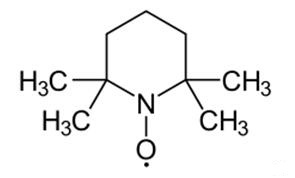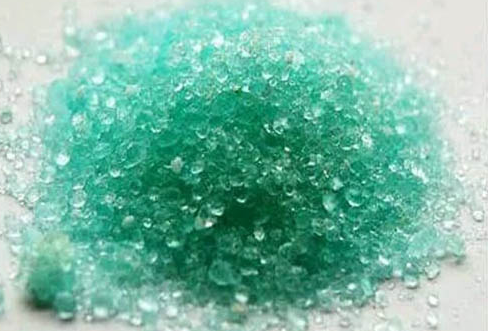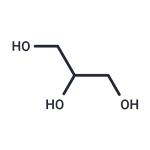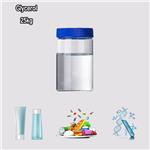Glycerine - Production and Applications
Nov 21,2019
Glycerine is also known as glycerol or glycerin. It is a colorless and odorless chemical compound with a sweet taste. Glycerine is composed of three hydroxyl groups, which makes it hygroscopic and water soluble.
Production and Purification
Glycerine occurs in triglycerides in animal and plant sources. Glycerol is produced from these triglycerides, through the process of transesterification, hydrolysis or saponification. Saponification of triglycerides can be carried out with sodium hydroxide. Animal sources of triglycerides include tallow and plant sources include palm and soya bean.
Glycerine can be purified through an expensive process. Crude glycerin can be purified by removing the organic impurities with activated carbon. Whereas, salts are removed using ion exchangers and unreacted glycerine esters are removed using alkali.
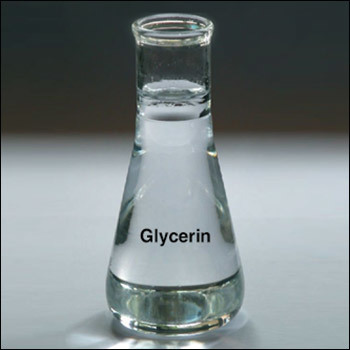
Synthetic Glycerine
Glycerine can be produced from propylene by various methods. Propylene is chlorinated to produce allyl chloride, which on oxidation with hypochlorite gives dichlorohydrins. On reaction with a strong base, epichlorohydrin is produced. Glycerol is produced through the hydrolysis of epichlorohydrin.
In biodiesel production, glycerine obtained from fats is a waste product. Due to oversupply, the market for glycerine is depressed, and hence synthetic processes are not feasible. The conversation of glycerine to its synthetic precursors, like epichlorohydrin and acrolein, make it feasible.
Applications
Glycerine is used as a sweetener, humectant, preservative and solvent in food and beverages. This chemical is used as a thickening agent in liqueurs and filler in commercially produced low-fat foods. It is used in the preservation of certain kinds of plant leaves. Glycerin is a better substitute for sugar since it is only 60% as sweet as sucrose. Glycerine as a food additive has the E number E422.
This chemical finds applications in pharmaceutical, medical and personal care industries for enhancing smoothness, offering lubrication and acting as a humectant. Glycerol is used in cough syrups, expectorants, mouthwashes, toothpaste, shaving creams, soaps, skin care and hair care products. Red blood cells are preserved with glycerine before they are frozen. It is used as a laxative in the form of suppositories.
Glycerin is an alternative to ethanol as a solvent in the preparation of herbal extractions. Nitroglycerin is produced from glycerol, which is an important component of propellants like cordite and explosives like gelignite and dynamite. The durability of pressure gauges can be increased with glycerin, where the chemical damps vibrations by filling the air space.
- Related articles
- Related Qustion
- Glycerol vs fatty acids: the connection and difference between the two Jan 7, 2025
Glycerol is an organic alcohol with three hydroxyl (OH) groups that has good moisturizing properties and can be used as a humectant, solvent, sweetener, and drug.
- Is glycerin halal? Mar 18, 2024
Glycerin is produced industrially, usually as a by-product of soap manufacture, from oils and fats. It can be made from animal fat or, in the case of vegetable glycerin, vegetable oil.
- Glycerol: Uses; Side Effects and Precautions Jan 3, 2024
Glycerin is FDA-approved for the treatment of constipation. The use of glycerin as a suppository or rectal enema may reduce constipation in adults and children at least 2 years of age.
2,2,6,6-Tetramethylpiperidinooxy has applications in chemistry and biochemistry. TEMPO is used as a radical marker, as a structural probe for biological systems in conjunction with electron spin resonance spectroscopy.....
Nov 21,2019Organic Synthesis IntermediateFerrous Ammonium Sulfate also inferred as ammonium Iron (II) sulphate, or Mohr’s salt is having a chemical formula of (NH4)2Fe(SO4)2. It is a widely used laboratory double salt containing both ferrous sulfates, and ammonium sulphate. Ferrou....
Nov 21,2019Inorganic chemistry



